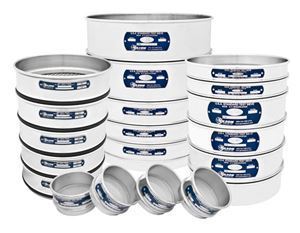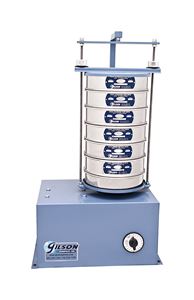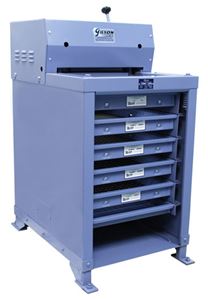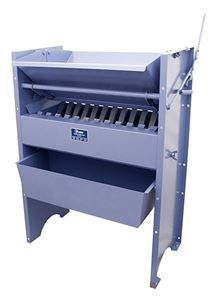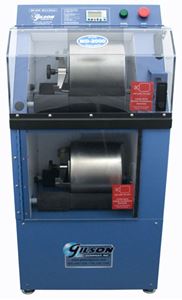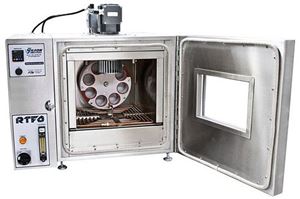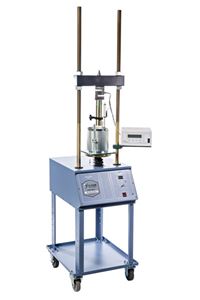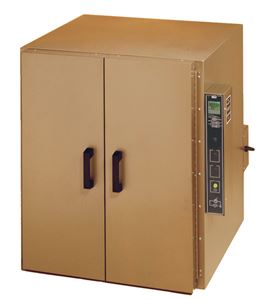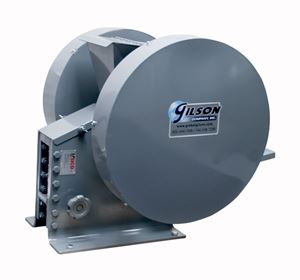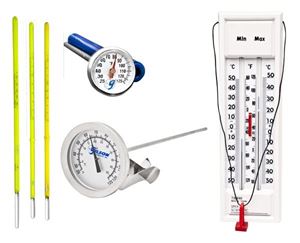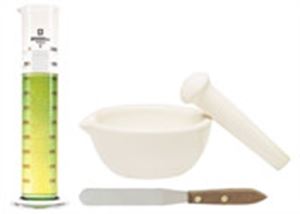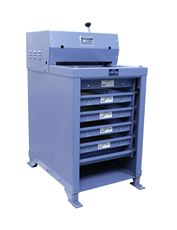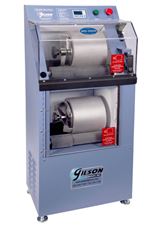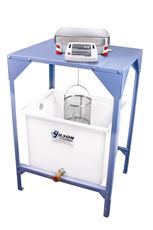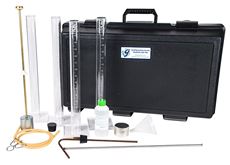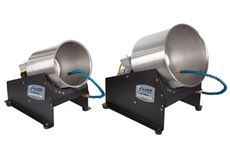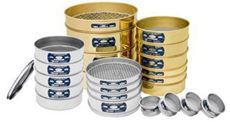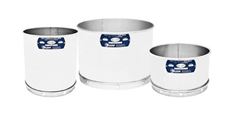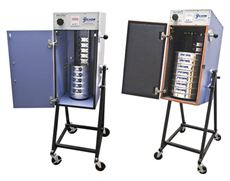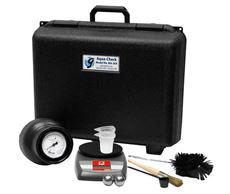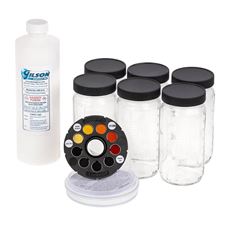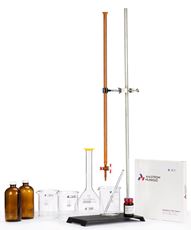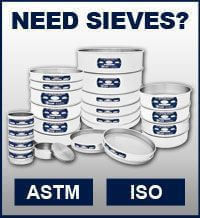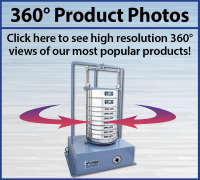- Log in
- Favorites List
-
Shopping Cart
You have no items in your shopping cart.
- Gilson Chat
Materials Testing EquipmentContact Us Today! 800-444-1508
Search
Aggregate Testing Equipment
Gilson aggregate testing equipment measures and evaluates the physical characteristics of fine and coarse aggregates for asphalt and concrete mixes. Size, shape, density, and strength of mineral aggregate all impact the long-term performance of asphalt and concrete pavements and structures. The correct testing equipment ensures ASTM, AASHTO, and ISO standards for construction materials tests are met.

We have the testing apparatus you need to perform all aggregate tests.
- Screen Shakers separate coarse aggregate samples into six or seven, size fractions for graduation tests. Gilson Testing Screens, Test-Masters, and Porta-Screens safely process large samples efficiently.
- Durability and Abrasion tests measure the hardness, strength, and durability of aggregates. Skid resistance tests enhance road safety Micro-Deval and Los Angeles abrasion machines, sodium sulfate soundness apparatus, and durability index shakers determine the wear properties of aggregates. Resistance to wear and freeze-thaw damage, and overall aggregate strength influence the performance of the materials.
- Specific Gravity or relative density is a basic property and is important for proportioning and batching asphalt and concrete mixes. Traditional flasks, pycnometers, vacuum pumps, weighing cradles, and tanks meet standard requirements. Add specialized equipment like the Rice Shaker, Autorice™ Controller, Digital Pressure Manometer, and Specific Gravity Bench to maximize testing efficiency.
- Aggregate Angularity & Elongation tests evaluate fine and coarse aggregate shapes to judge their usability in asphalt and concrete mixtures. Fine or coarse aggregate angularity devices establish the uncompacted void content of materials for use in asphalt mixture designs. Proportional calipers determine percentages of flat and elongated particles in coarse aggregate samples. The British Standard system measures flakiness and elongation with separate thickness and length gauges.
- Sand Equivalent Test indicates the amount of clay-like fines in aggregates and granular soils. Testing sets are complete and ready for lab or field use. Graduated cylinders, weighted foot assemblies, concentrated stock solutions, and other components are available individually. Motorized or manual sand equivalent shakers agitate the sample for the test.
- Aggregate Washers prepare samples for gradation or fines content determinations by washing away dust and fines. Automated washing of aggregate and soil samples reduces labor costs and eliminates operator error.
- ASTM Test Sieves in all popular opening sizes and frame diameters are stocked and ready to ship. Any sieve or screen tray can be verified to meet Inspection or Calibration grade requirements. ISO 3310-1 Test Sieves are also available.
- Wet-Washing Sieves are effective for fines content determinations of aggregates, soils, concrete, and other materials. These deep-frame sieves with various depths and diameters are available in durable stainless steel or traditional brass.
- Sieve Shakers agitate aggregate gradation samples, improving consistency and accuracy of particle size testing. Gilson's line of mechanical, vibratory, and sonic sieve shakers offers options for tapping, programmable operation, and noise and dust control.
- Moisture Testers give fast, accurate moisture determinations on soil or aggregate materials. Gas pressure moisture testers are reliable, portable for field use, and meet ASTM/AASHTO standard test methods. Moisture analyzers provide highly accurate laboratory results for smaller samples.
- Organic Impurities Test detects the presence of organic compounds in fine aggregates with a simple test. Samples mixed with sodium hydroxide in a clear container have a darker color when compared to standard color references. Purchase the complete, all-in-one kit or individual components.
- Methylene Blue Test Set detects potentially harmful clay-like fines in aggregate materials. The set includes the apparatus and reagents to run the test. A magnetic stirring hot plate is purchased separately to meet the requirements of the AASHTO test method.
For more information on aggregate testing, here are our related blogs:
- Fineness Modulus Of Aggregate: The Inside Scoop
- Sieve Analysis of Coarse Aggregate: From The Field To Lab
- Sieve Analysis of Coarse Aggregate: Tips On Sample Collecting
- Sieve Analysis of Coarse Aggregate: The Art of Sample Prepping
- Streamlining Aggregate Gradation Tests: Tips and Tricks
- Characteristics of Aggregates: Shape, Size, & Specific Gravity
- Aggregate Properties You Need to Know: Strength & Durability
- Micro-Deval Test Method: Aggregate Abrasion Testing PT.1
- L.A. Abrasion Test: Aggregate Abrasion Testing PT.2
- Moisture Content of Aggregate: 4 Things You Need to Know
- How to Optimize Fines Content Determinations

